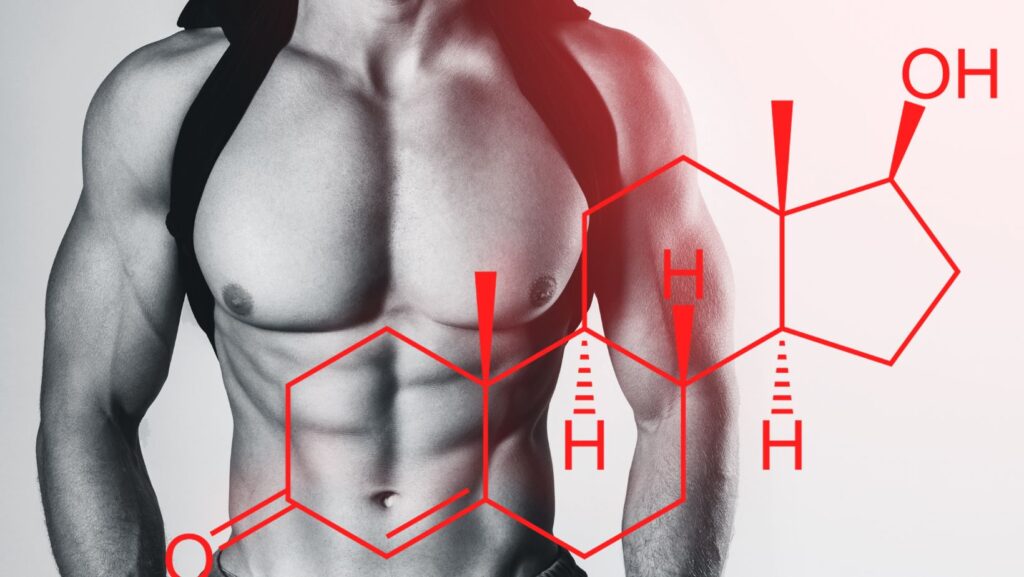Testosterone is what gives men their appearance, defines sex characteristics, and helps build muscle. The body produces it in abundance during the younger years, but it levels off with age and starts to decline around 40. During the peak production years, a man can find himself experiencing strong emotional states that heavily influence his decision-making. But does hormone replacement therapy cause significant changes in male emotions?
The intense emotions tend to lessen as natural testosterone production levels off, but engaging in testosterone replacement therapy (TRT) can cause their return. That means someone who’s taking TRT injections can experience mood swings or maintain a state of happiness or anger for extended periods. Still, it’s not a given that hormone therapy causes their return. Ultimately, the effects of restoring testosterone levels should be considered when looking at testosterone injections for sale.
To get the best results, it’s important to adhere to the injection schedule and get regular blood tests to check T levels. Here’s a look at how testosterone impacts male emotions.
Testosterone Doesn’t Make You a Bad Boy
Testosterone is often blamed for aggressive behavior, but that’s not always the case. The amount of testosterone flowing in the bloodstream changes from moment to moment, and an act of rage may not be the result of excess testosterone. Many people notice they have more control over their emotional state when taking TRT.

However, that’s not to say that testosterone levels do not impact male emotions. It’s well-known that low or high levels of testosterone can cause unwanted emotional states, and it’s something to be mindful of when looking to buy TRT online.
What Happens When Testosterone Levels Are Low
As previously mentioned, testosterone levels change throughout the day and gradually decline with age. Someone with low testosterone can experience depression, have a low libido, and poor sleep patterns. There may also be a loss of motivation and difficulty concentrating on the task.
Low testosterone levels share many of the same symptoms as depression, but depression that’s the result of low T is not necessarily an actual episode of depression. That is, taking TRT can improve the mental state and result in a lifting of the depressive symptoms. In contrast, true depression can require therapy and mediation for full resolution. It’s worth noting that if someone is currently experiencing true depression, they can find that their symptoms are worsened by low testosterone.
Effects of High Testosterone on Male Emotions
High testosterone is correlated with irritability and increased sexual arousal but little else. Many studies have been performed to find the correlation between excess testosterone and increased aggression. Still, to date, no direct relation has been uncovered. The significant consensus among researchers is that the increase in aggressive behavior is the result of anabolic steroid use in conjunction with testosterone use.
Steroids are used by weightlifters looking to create a physique that they would otherwise be unable to obtain. Some of the side effects of steroid use come in the form of rage, hypomania, irritability, and intense mood swings. Weightlifters also use testosterone injections as part of their formula to achieve their best form. This combination has resulted in many blaming testosterone as the cause of aggressive behavior instead of steroids.

The takeaway is that engaging in hormone replacement therapy for men is not going to turn someone into a raging monster. Indeed, too much testosterone results in issues such as acne and hair loss, but its effect on the male emotional state is exaggerated.
The Importance of Monitoring Your TRT Levels
Ordering TRT injections online is a step towards regaining a more youthful body and overall wellness. While it’s tempting to overdo the dosage to pursue faster results, it’s best to be patient and work towards returning testosterone levels to the acceptable range for one’s body.
TRT aims to restore the body to optimal performance, build muscle, and regain an optimal mental state. However, too high a dose of TRT can make it more challenging to achieve this state and show that there is too much testosterone in the bloodstream.
TRT has the potential to transform the male body into a fine-tuned machine, but only when used correctly. Regular blood tests to monitor hormone levels help keep the regimen safe and effective. A blood test also shows whether the current dosage needs to be adjusted or kept steady.
Living a better life is possible with TRT as long as it’s done safely and correctly. It also helps you avoid unwanted side effects and mood swings. It makes predicting how you’ll react to restoring your natural testosterone level easier.
